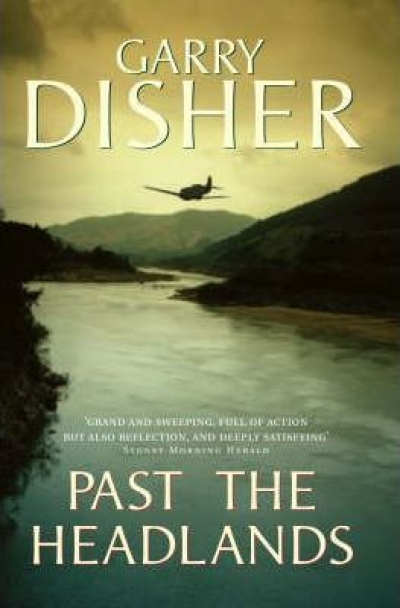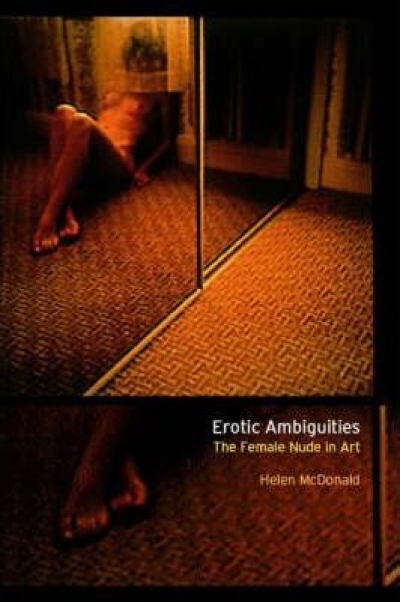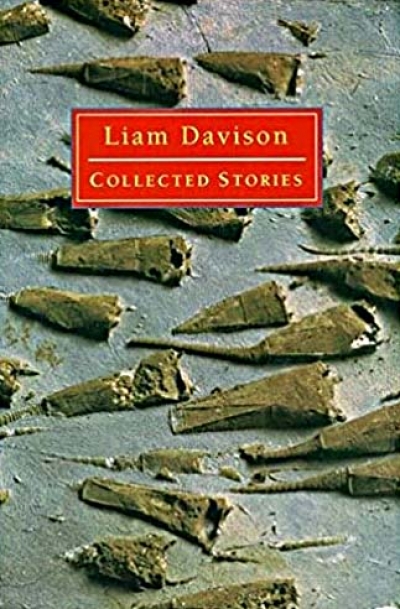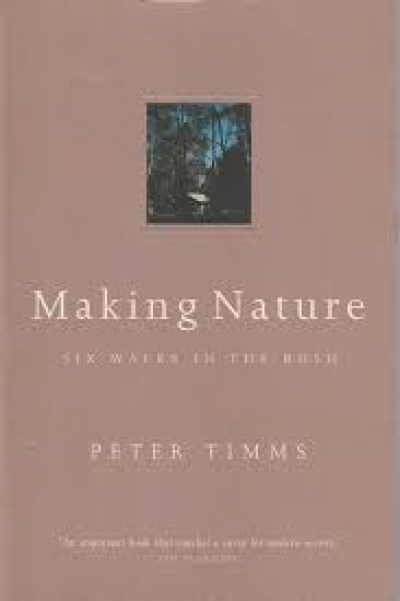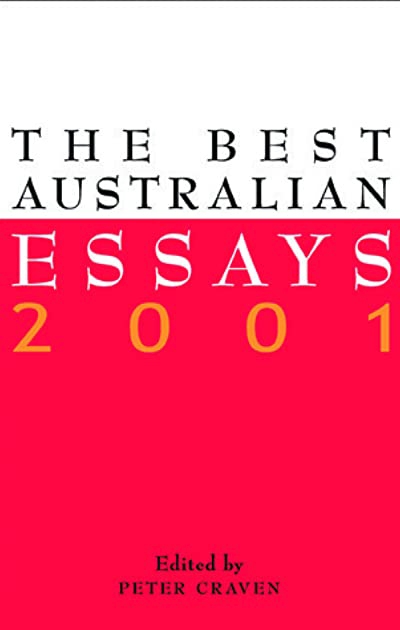Archive
Erotic Ambiguities: The Female Nude in Art by Virginia Rigney
I would now like to begin with a plea for small literary magazines. I now have a vested interest in their survival (well, one, in particular), but then, I always thought I did. Little magazines are essential to the vitality of Australian literary and political culture. They play an important role in nurturing new poets, critics, storytellers, and reviewers. In the current book-publishing climate, there are few other opportunities for publishing short stories, experimental fiction, or poetry. Small magazines instigate and foster cultural debate and present a diverse range of opinions. Many of the most important issues in Australian public life today were first raised and discussed in literary magazines, including the stolen generations and racial ‘genocide’, the perils of economic rationalism and globalisation, the politics of One Nation, and the implications of new media technologies.
... (read more)A friend describes the sensation as being in the movie set of your own life: everything is familiar, but not quite right. Auckland feels like an Australian city that has simply slipped a little, like the accent, to the east. There are hints of Hobart in the crisp sea and the misty sketched-in headlands. And of Sydney, in the over-abundance of harbour, the narrow streets of Ponsonby, which drop away towards the water, the houses filled with quiet light. Perhaps all Pacific cities look pretty much the same these days: here is the casino, the observation tower, the thirties picture palace turned into a Singapore-style mall, the narrow lane with outdoor tables under braziers; the same stands of Westpacs and McDonalds and Lush cosmetics stores. Perhaps what differentiates one city from another now is the sheer volume of traffic forced through its streets.
... (read more)James Griffin and John Wren
Dear Editor,
Some of your readers will be familiar with the problem. You set aside a few days to get to the National Library to pursue a research project. You obtain the manuscripts, order the material in the Petherick Room, and settle down to uninterrupted industry, when an avuncular bore with too much time on his hands buttonholes you and bangs on about his own project. You do not wish to appear uninterested, yet hope that the windbag will leave you alone and get back to his own table, perhaps even write the book that he rehearses so insistently as the precious minutes tick by.
... (read more)For any editor, one of the attractions and challenges of shaping a magazine is the unexpected submission that arrives at the eleventh hour. When the author happens to be someone of the stature of Raimond Gaita, one is indeed fortunate. This month, we are pleased to be able to bring you Professor Gaita’s incisive, yet anguished, contribution to the debate about reconciliation and genocidal impulses in Australian history. His piece, entitled ‘Why the Impatience? Genocide, “Ideology” and Practical Reconciliation’, is our La Trobe University Essay for July. It takes up some of the issues raised by Inga Clendinnen in the Australian Review of Books, an essay that prompted much correspondence in the June issue of that publication.
... (read more)
